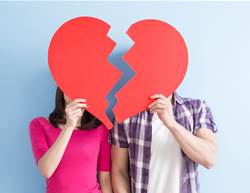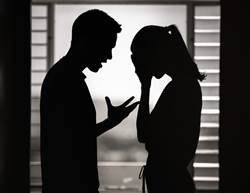There’s no ‘normal’ when it comes to sexual desire. Libido differs from person to person and can fluctuate depending on a slew of factors – from the medications you take to the status of your relationship. But what it really comes down to is how each individual woman feels about her personal situation. “If a woman perceives her sex drive as decreased and it distresses her, this can have a huge impact on her self-image and relationship with her partner,” says gynaecologist Dr Lisa M. Valle, an expert in libido and arousal issues in women. On the flip side, if you’re happy and totally unconcerned about your libido, “It is not known to be detrimental to health or quality of life,” says gynaecologist Dr Raquel Dardik. Still, if your low libido is persistent, it could be an indication of a health or psychological issue.
While there’s no medical definition of a ‘healthy’ sex drive, there’s little doubt that some people experience a stronger desire than others, and that certain lifestyle or health factors can play a significant role in that. Here are the most common causes of low libido in women – and when to see your doctor about it.
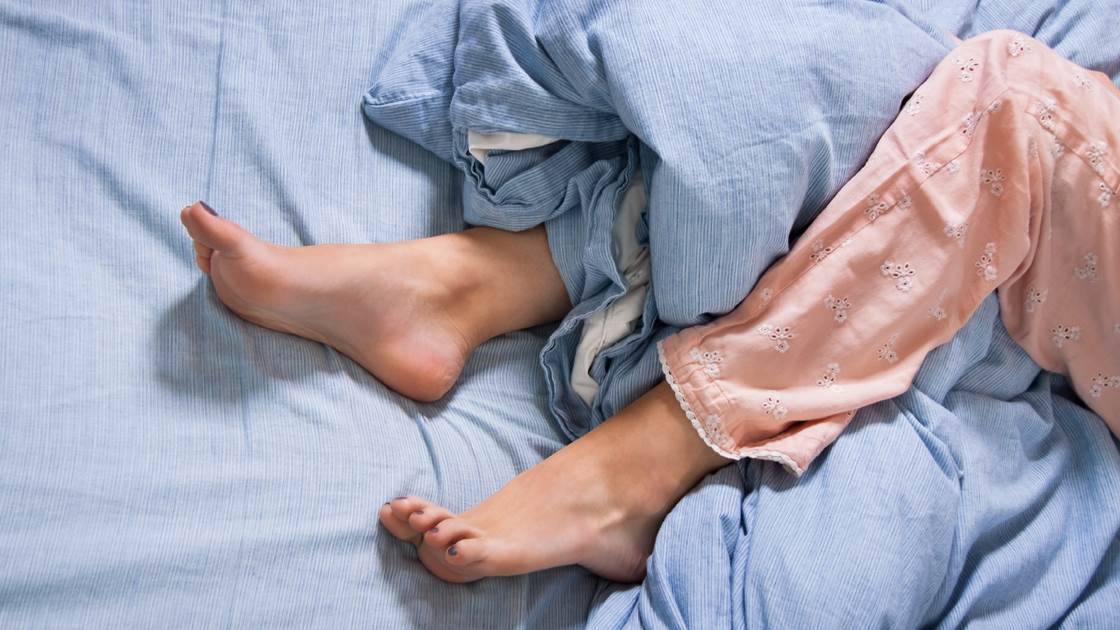
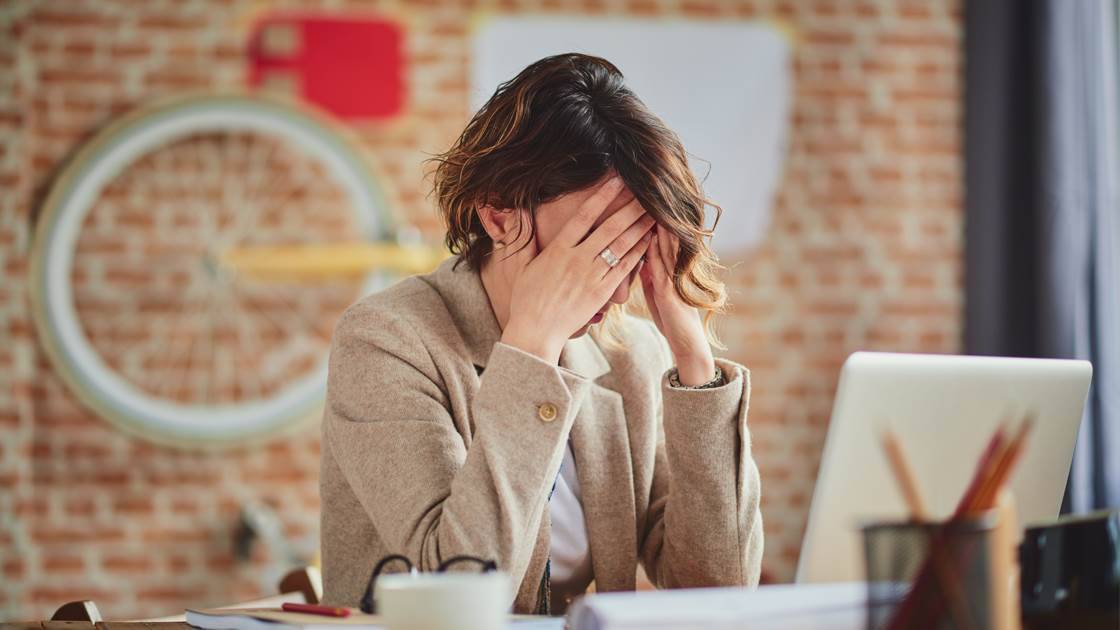


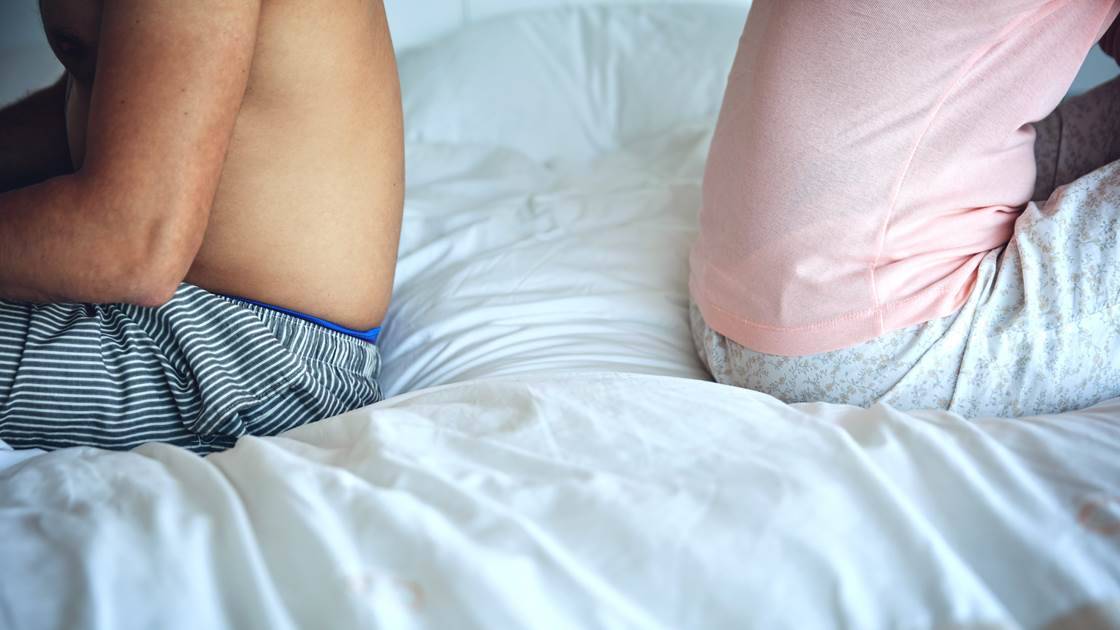


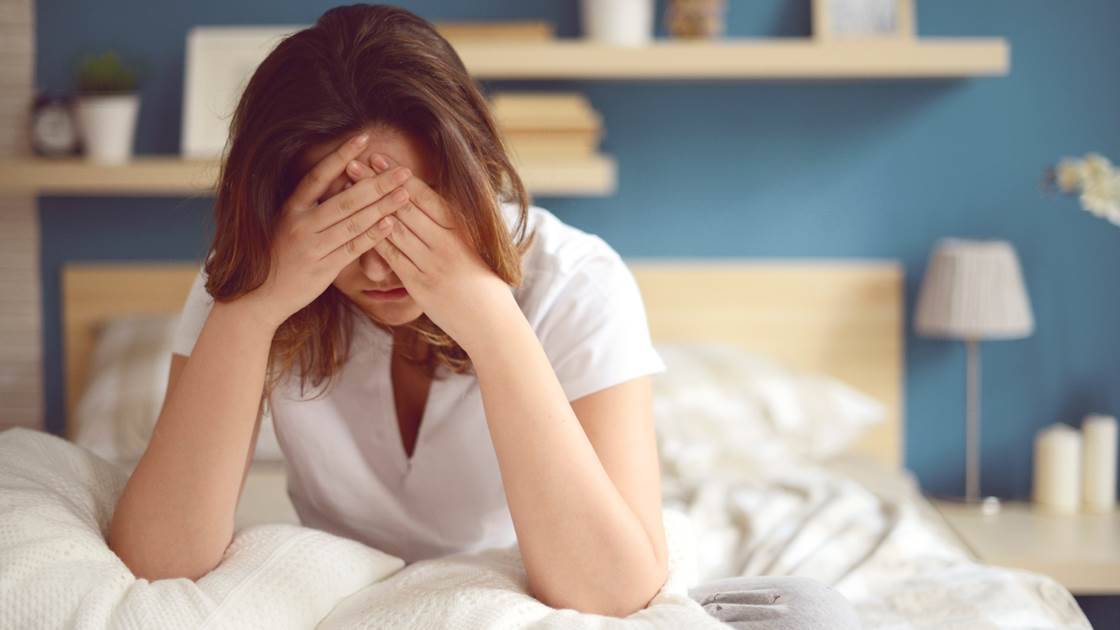
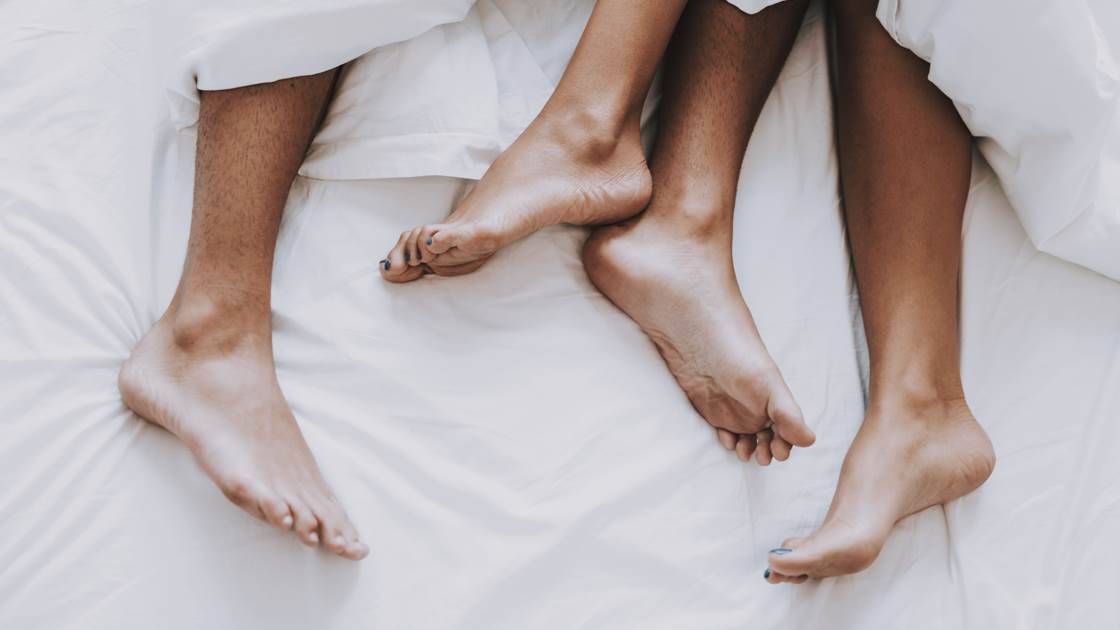
You’re genuinely exhausted
Late nights don’t necessarily mean fun nights. “Sleep is essential for your sex drive,” explains gynaecologist Dr Shahnoz Rustamova. “Depleted energy means you’re less likely to be in the mood.” One study found that sleeping just one more hour at night could result in a 14 per cent increased chance of having sex with a partner the next day. In general, women who slept longer on average also reported ‘better genital arousal’ than women who slept for fewer hours. The verdict: Make and keep a date with your pillow and you’ll soon want to make a date with your partner.
Stress is a constant in your life
“For a woman to be interested in sex, she’s got to have her brain in the game,” says gynaecologist Dr Hilda Hutcherson. Unlike men, whose libidos are almost completely hormonally driven, women often require some emotional investment in sex (well, good sex).
“When you’re stressed, your focus is elsewhere, and there simply isn’t room in your brain for arousal,” Dr Hutcherson says. Plus, your brain pumps out the hormone cortisol when you constantly feel like you’re under pressure, and that can actually impede sex hormones.
“As a clinician, I’ll talk with a patient to try to uncover a source of stress, as well as discuss potential solutions to the problem,” Dr Rustamova says. If work is weighing on you, think about what might make your life easier. Is it time to start looking for a new gig? A conversation with your manager to discuss your current workload? Whatever it is, know that the solution will lead to easier days – and better nights.
Your medication could be to blame
Certain prescription medications – from blood pressure drugs to opioids – can interfere with your sex drive by lowering your levels of testosterone, according to the International Society for Sexual Medicine. Research has overwhelmingly linked ‘low T’ to a reduced libido in both men and women.
Mood-altering drugs, including antidepressants and antipsychotics, may also cause low libido as a side effect, says Susan Davis, PhD, a professor of women’s health at Melbourne’s Monash University.
An underlying health condition is causing trouble
If your sex drive used to be higher and something feels off, it’s worth checking in with your doctor about it. There are a wide variety of physical conditions that can lead to lowered libido, including thyroid disorders, uterine fibroids, endometriosis, high blood pressure, heart disease, chronic pain conditions like arthritis or fibromyalgia, diabetes, sleep disorders and fatigue. This could be due to vascular problems that obstruct blood flow (yes, even down there), painful symptoms, endocrine problems that tank your hormone levels, or neurological issues that limit sensations.
“Other common conditions like prolapse and incontinence negatively impact sexual function, especially if the urinary incontinence occurs during intercourse,” says gynaecologist Dr Carolyn Swenson. “Pelvic floor disorders can also negatively impact genital body image, reducing sexual desire.”
Mental health disorders like anxiety and depression can also play a role, as they can wipe out your energy, alter brain chemicals that inhibit sex, and flood your system with stress hormones, like adrenaline and cortisol.
If you suspect an underlying health problem could be to blame, see your doctor to ensure a proper diagnosis and treatment plan.
Your relationship is on the rocks
Professor Davis says two of the ‘most critical’ contributors to a strong libido are either a good relationship or a new relationship. If you’re unhappy with your partner or the state of your relationship, mending that first will be crucial in truly firing your desire back up for one another.
You’re simply putting too much pressure on yourself
“So often, patients won’t get close to their partners at all in the evening – no hand-holding or touching – because they’re worried their partner will assume sex is on the table and, for whatever reason, they don’t feel like it,” Dr Rustamova says. Instead, she suggests placing a priority on kissing and cuddling, and then taking the next step from there – but only if you both feel like it. “Taking the pressure off yourself to have sex can make it easier to feel aroused, naturally,” she says.
Any time you feel bothered or distressed about your perceived decreased libido, it’s best to talk to a doctor with experience in women’s sexual health.
Not prioritising exercise
Getting regular exercise also proves to be helpful in the bedroom, research suggests. That’s because it has amazing effects on your cardiovascular health, blood flow and overall mood – all key factors in a healthy sex drive. Plus, making time for workouts can make you feel good about everything your body can do, which boosts your confidence, Dr Rustamova says.
Your hormones are out of whack
A change in libido can be influenced by your hormones, and there may be a good reason behind this that your doctor can help you pinpoint. If you recently went off birth control pills, you may find yourself not as attracted to your partner as you once were, according to a Scottish study. In fact, any contraceptive change can cause a dip in libido, Dr Rustamova says. So if you’ve noticed a shift, make sure you let your doctor know so that you can find a new type of birth control that works for you on both counts. Perimenopausal and menopausal hormonal changes can also lead to low libido.
Sex is painful
If sex feels painful, it’s not surprising that you’ll want it less. About 30 per cent of women report feeling pain during vaginal intercourse, according to a study published in The Journal of Sexual Medicine, and this can come down to a number of factors, from vaginal dryness and skin disorders
to skipping foreplay.
However, painful sex (aka dyspareunia) can also be a sign that there’s a deeper medical condition at play. Endometriosis, fibroids, certain infections and also a rare condition known as vaginismus are other potential culprits, so it’s worth getting checked out by your doctor.







